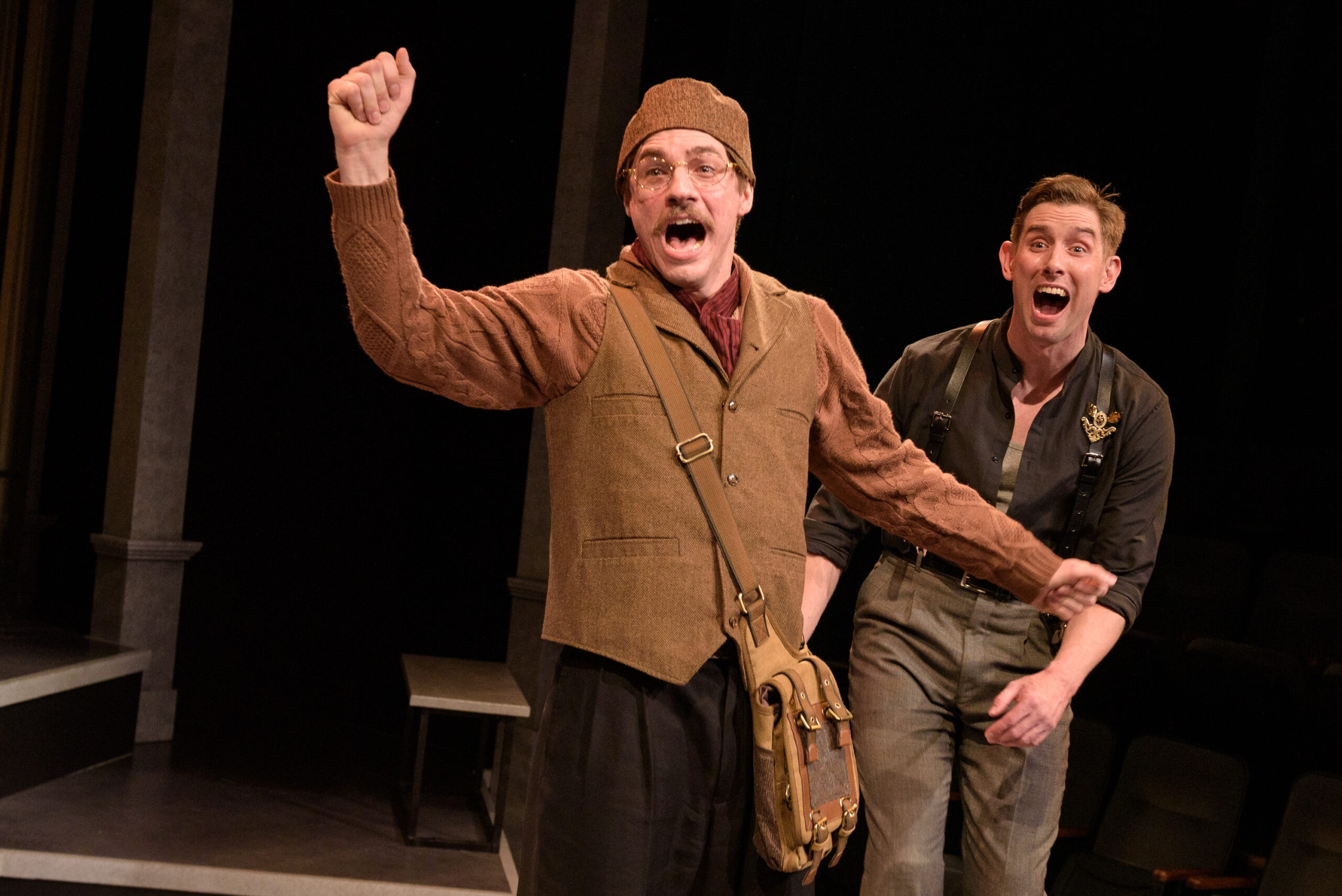After almost a hundred years running, Barter Theatre is still a hub of creative exchange in Appalachia.
Founded during the Great Depression, they got their name from their policy of allowing theatregoers to “buy” admission with fresh produce, livestock, or dairy—in its early days, 4 out of 5 patrons traded their way to a ticket, valued then at 35 cents.
Even though times have changed, the theatre hasn’t—everything Barter does continues to be rooted in community, and their philosophy that theatre is for everyone.
It remains the beating heart of Abingdon, a rural town in Southwest Virginia. It’s one of the country’s oldest professional resident repertory theaters—meaning their plays throughout the season are performed by has their own full-time, paid theatre troupe based out of Abingdon itself.
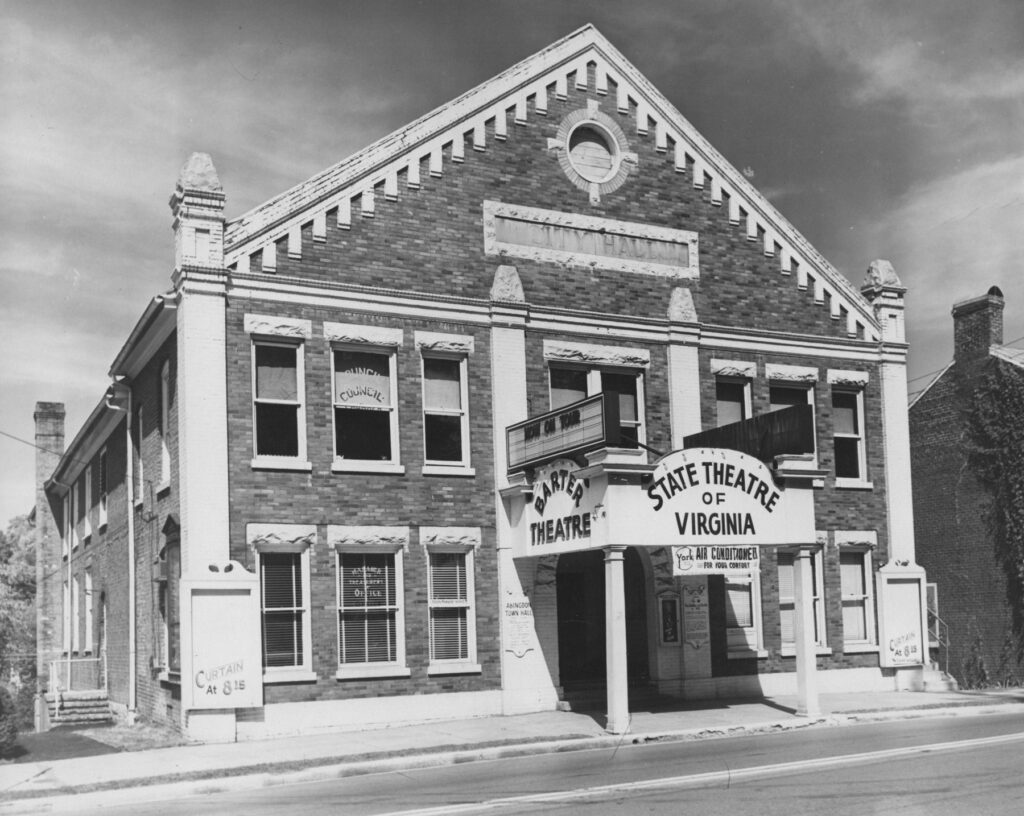
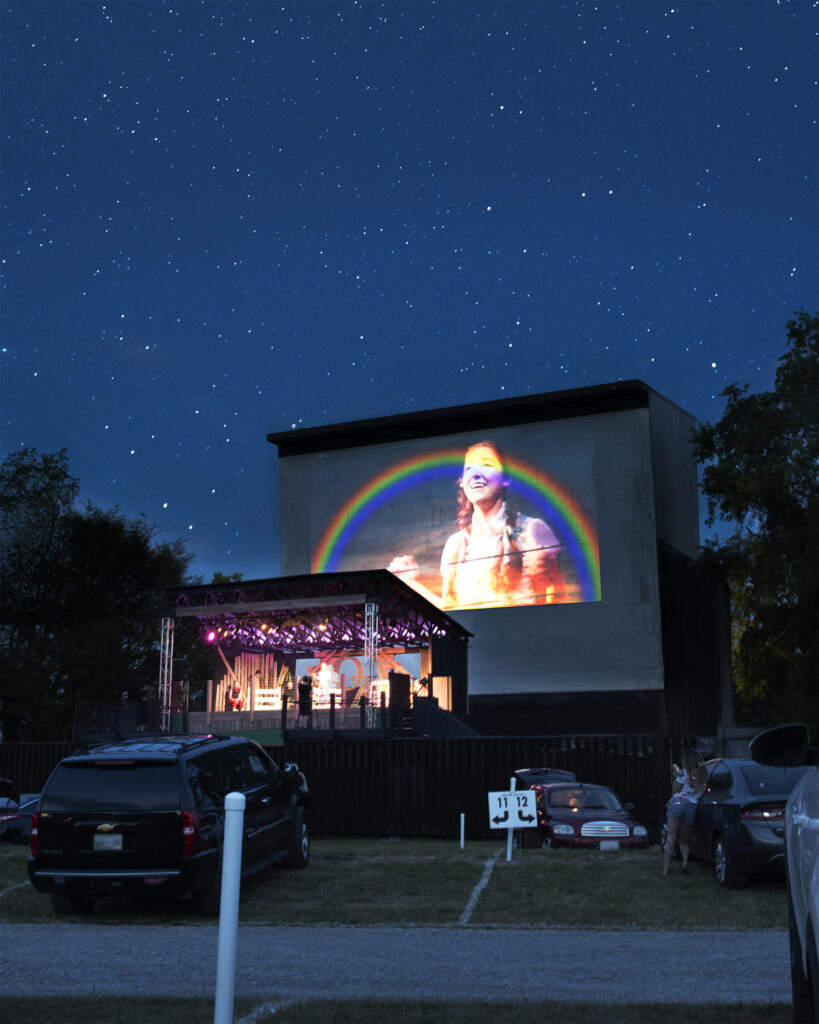
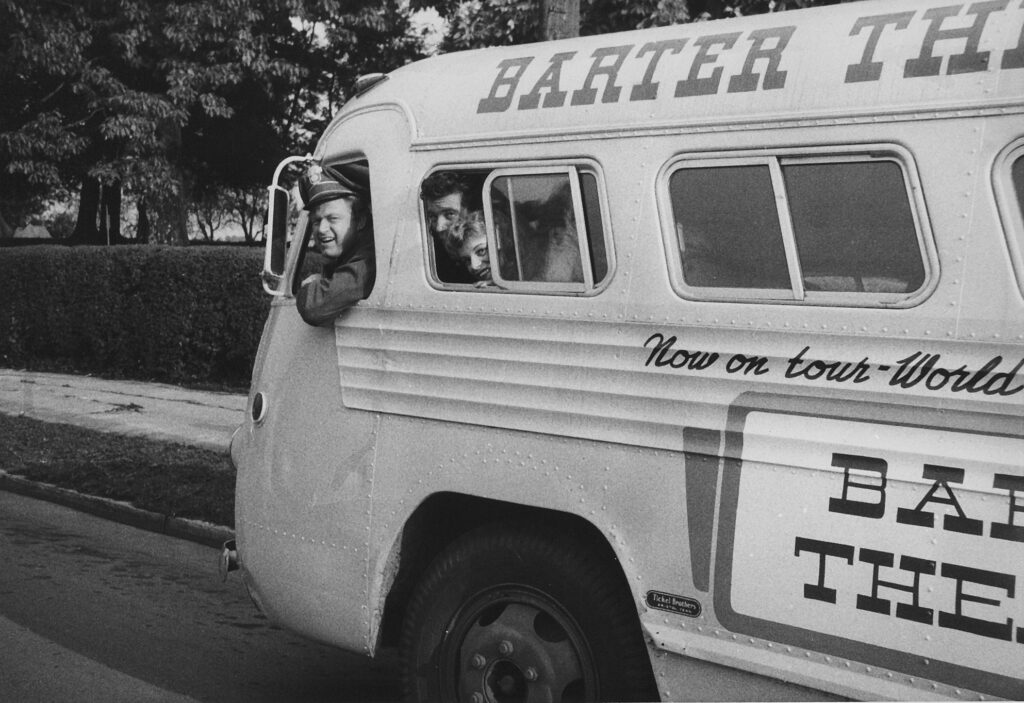
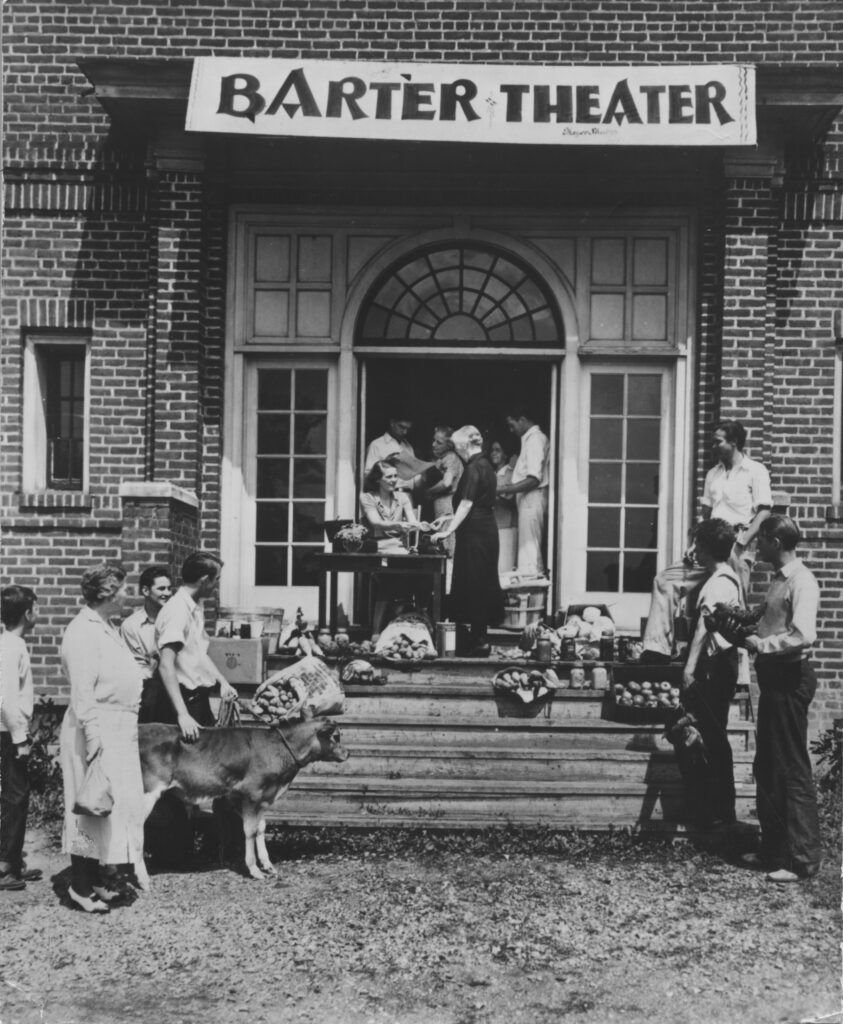
Their current production of Hamlet, funded in part by Shakespeare in American Communities, is a perfect example—while their performances are open to all, Barter has long-standing connections with the region’s schools to bring in hundreds of students to performances every year.
“Because of this partnership, almost every kid who’s grown up here has seen Shakespeare,” says Producing Artistic Director Katy Brown.
Every show opens with a lightning round-style summary of the show with the cast explaining major plot points and characters, without spoiling the final act.
What started as a teaching aid for their student matinees eventually became so widely requested by their adult audiences that it’s now baked into all of their Shakespeare performances.
“I think there’s some sort of idea that [Shakespeare is] broccoli, and that’s never the experience that people have,” says Brown. “He wrote for everybody, and our goal from the beginning has been to make sure people know that Shakespeare is theirs.”
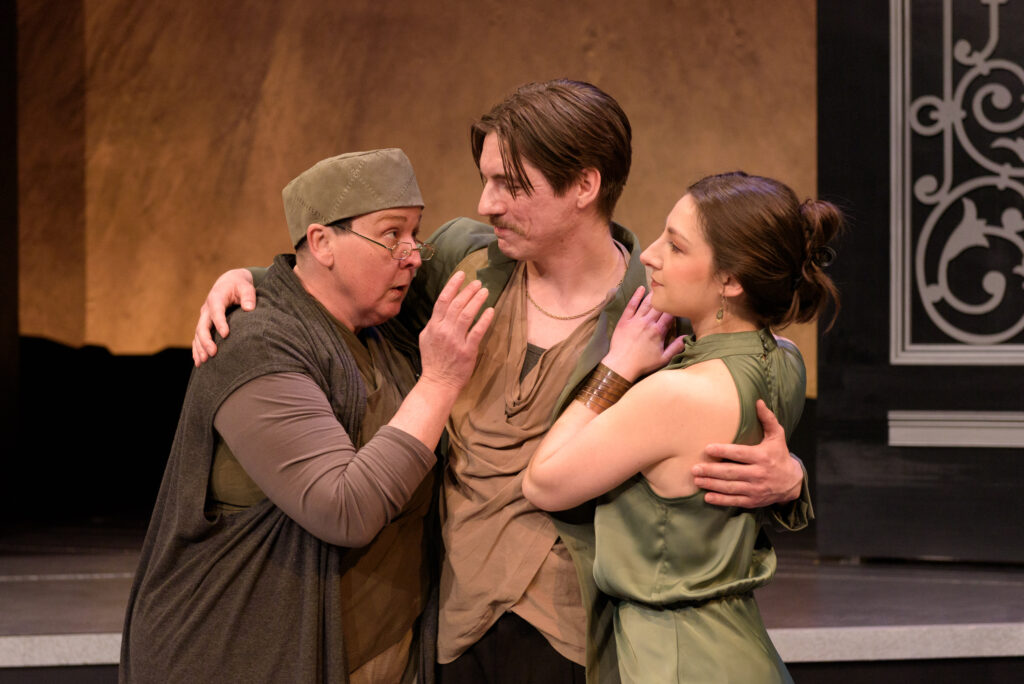
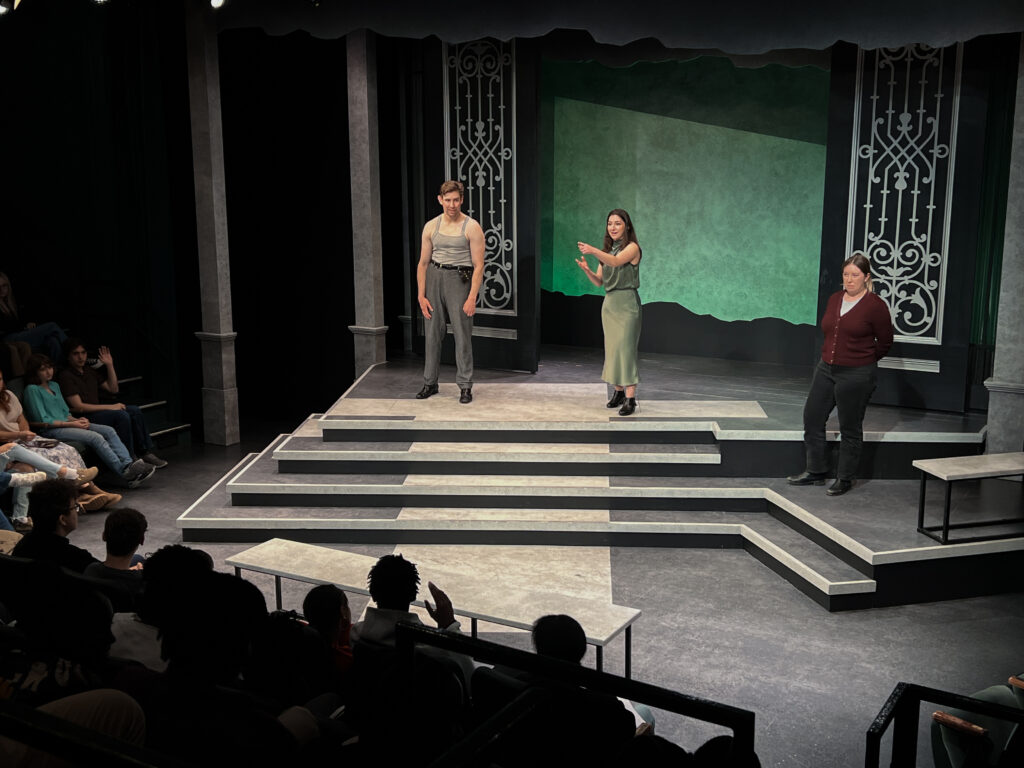
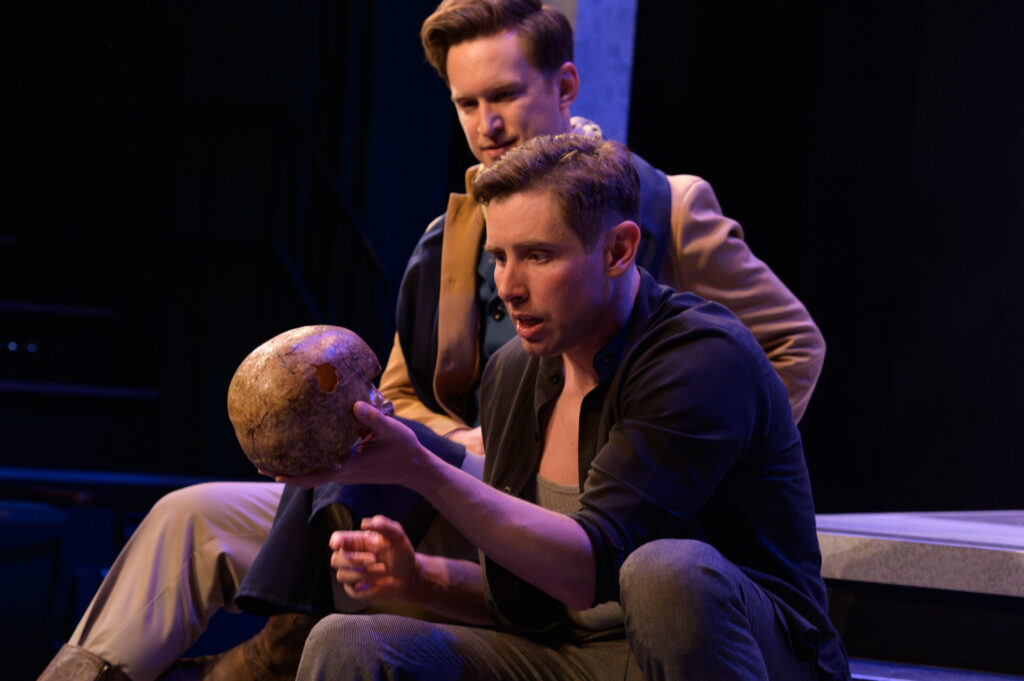
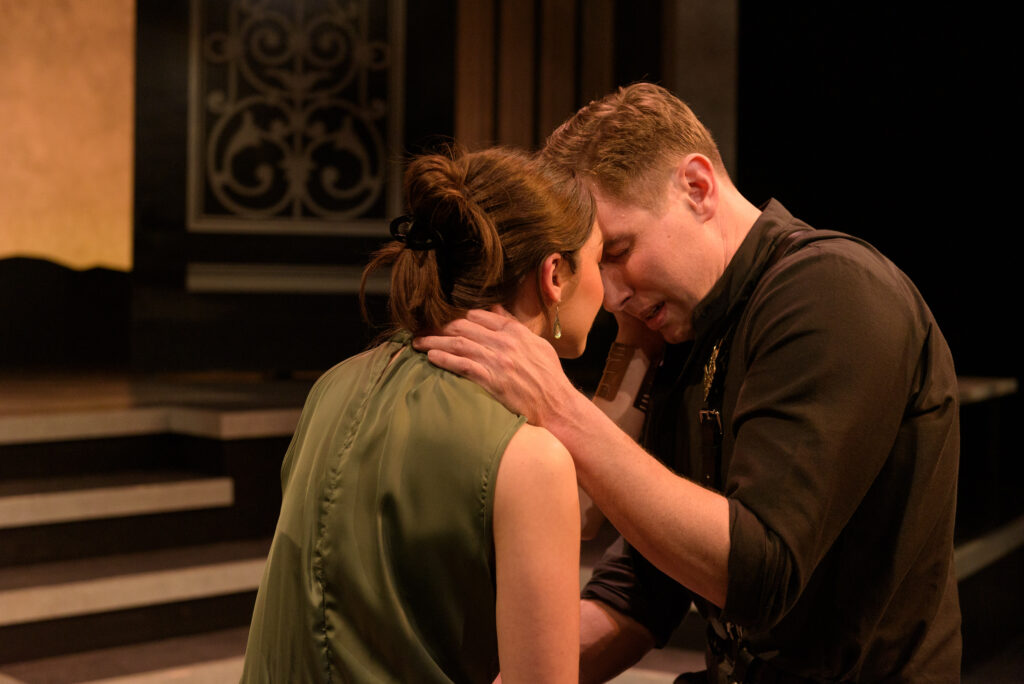
Students and adult audience members alike can participate in talkbacks after every show with the director and cast members, which further brings the text to life.
“I’ve had grown-ups speak to me and say, ‘I thought that I was too dumb for Shakespeare, but I understood absolutely every word,’” says Brown.
But what makes Barter special is that the place is just as important as the people—as a company, they’re successful not despite being in small-town Appalachia, but rather because of their unique rural setting.
They not only keep Abingdon alive and thriving in terms of tourism—bringing in over 120,000 visitors a year to a town with a population of around 8,500—but also provide an incredibly rare opportunity for their performers and creative team to make a real living out of their work.
With Barter presenting around 20 shows per season, their company is kept plenty busy; during their peak in the summer, they have as many as five shows running at a time.
“You might be in Shakespeare while you’re rehearsing the musical, while you’re rehearsing a new work,” says Brown. “So many times when you work in theater, you move and move and move, and you don’t get to put down roots—but our artists get to have a life, a home, and a family here, and really get to know the people that we’re serving.”
Shakespeare in American Communities is a theater program of the National Endowment for the Arts in partnership with Arts Midwest. It provides grants of up to $30,000 for programs that connect young people across the country to Shakespeare’s plays.
